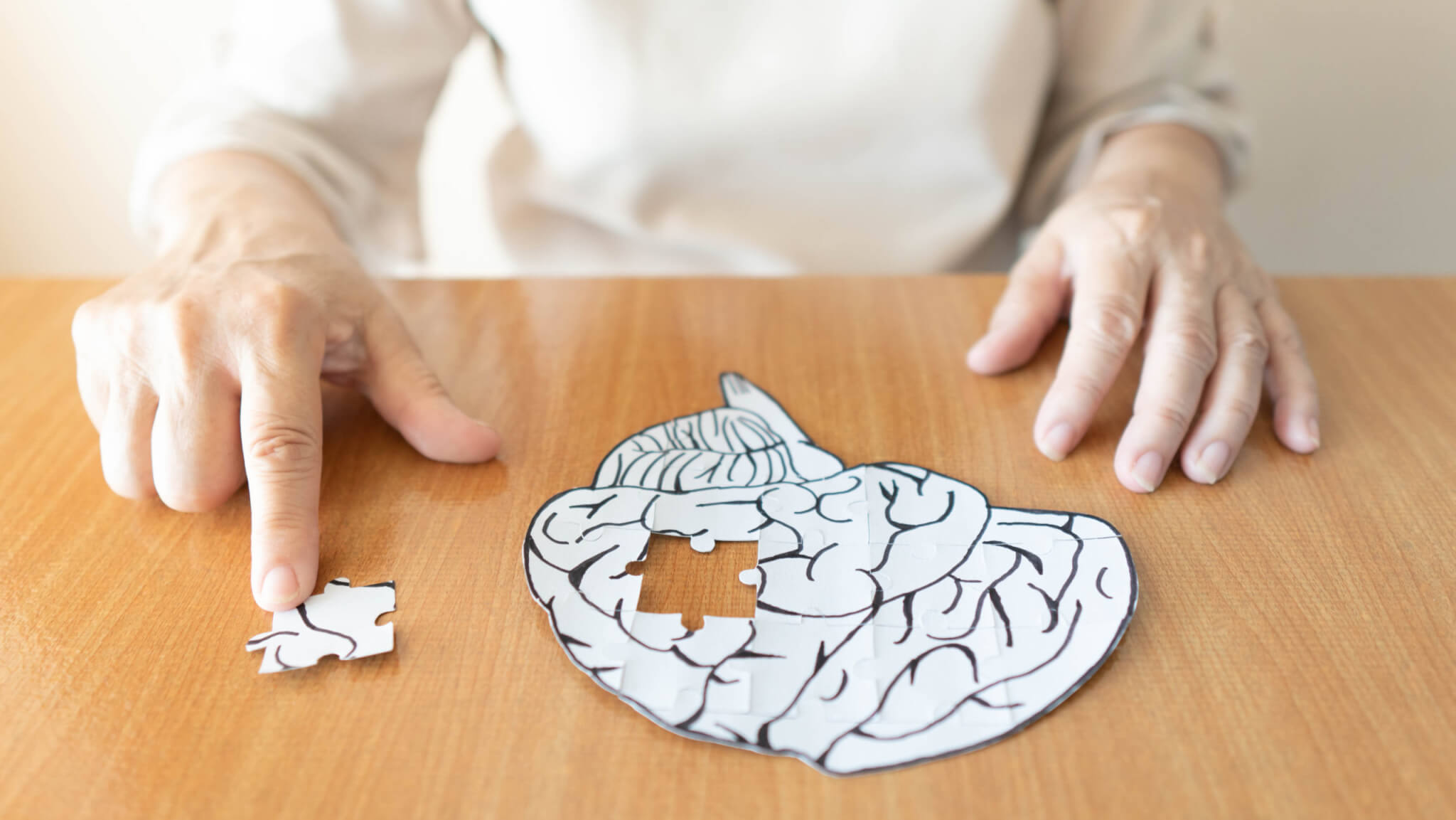Simple memory test could flag Alzheimer’s disease years before symptoms appear
NEW YORK – As you get older, it’s not uncommon to have a cerebral fart here and there. But when does forgetting become more than just a senseless mistake? A simple memory test could detect early signs of Alzheimer’s disease long before symptoms appear, say scientists.
Researchers report that a poor test score may be linked to biomarkers in the brain linked to Alzheimer’s disease. The test could indicate the earliest signs of memory impairment that predate dementia by years, research suggests.
As part of the test, participants were shown pictures of items and clues about their category, such as a picture of grapes with the prompt “fruit.” They were then asked to remember the items, first on their own, then with the category cues for any items they did not remember. Half of the participants had no problems with memory, while half had problems with memory retrieval, memory storage or both, according to the results.
“These results suggest that this test can be used to improve our ability to detect cognitive decline at the stage before the diagnosis of Alzheimer’s disease,” says study author Ellen Grober, professor at the Albert Einstein New York College of Medicine. A declaration. “This could be useful in determining who to enroll in clinical trials for the prevention of cognitive decline. It could also help by reducing the number of those who already show signs of Alzheimer’s in the brain with a simple test rather than expensive or invasive scans or spinal taps.
How a memory test could indicate Alzheimer’s disease
Grober says this type of “controlled learning” helps with mild memory retrieval issues that occur in many healthy older people, but doesn’t have much of an impact on the memory of people with dementia. .
The study uses data from 4,484 people with no cognitive problems and an average age of 71. Participants were divided into five groups based on their test scores, or stages zero through four. Stages zero to two reflect increasing difficulty in retrieving memories or learned items and precede dementia by five to eight years. At these stages, people find it increasingly difficult to remember items on their own, but they continue to be able to remember items when given cues.
During the third and fourth stages, people cannot remember all the items even after being given cues. These stages precede dementia by one to three years.
“This system allows us to distinguish between the following: the difficulty people have in retrieving memories when they are still able to create and store memories in their brains, which occurs in the very first stages before dementia can be diagnosed; and memory storage issues that arise later in this pre-dementia phase when people can no longer store memories in their brains,” says Grober.
Study participants also underwent brain scans to look for beta-amyloid plaques in the brain that are markers of Alzheimer’s disease, as well as to measure the volume of areas of the brain associated with Alzheimer’s disease. Alzheimers. Researchers say people tested in the third and fourth stages were likely to have higher amounts of beta-amyloid in their brains than people in the lower stages. They were also more likely to have lower volume in the hippocampus and other areas of the brain associated with Alzheimer’s pathology.
At stage zero, 30% of people had beta-amyloid plaques, compared to 31% at stage one, 35% at stage two, 40% at stage three, and 44% at stage four.
The researchers say one of the limitations of the study is that the participants had a high level of education, so the results may not be applicable to the general population.
The study is published in the online issue of Neurology, the medical journal of the American Academy of Neurology. The study was supported by the National Institutes of Health, the Alzheimer’s Association, the Cure Alzheimer Fund and the Leonard and Sylvia Marx Foundation using publicly available data from the A4 study.
South West News Service writer Chris Dyer contributed to this report.


Comments are closed.